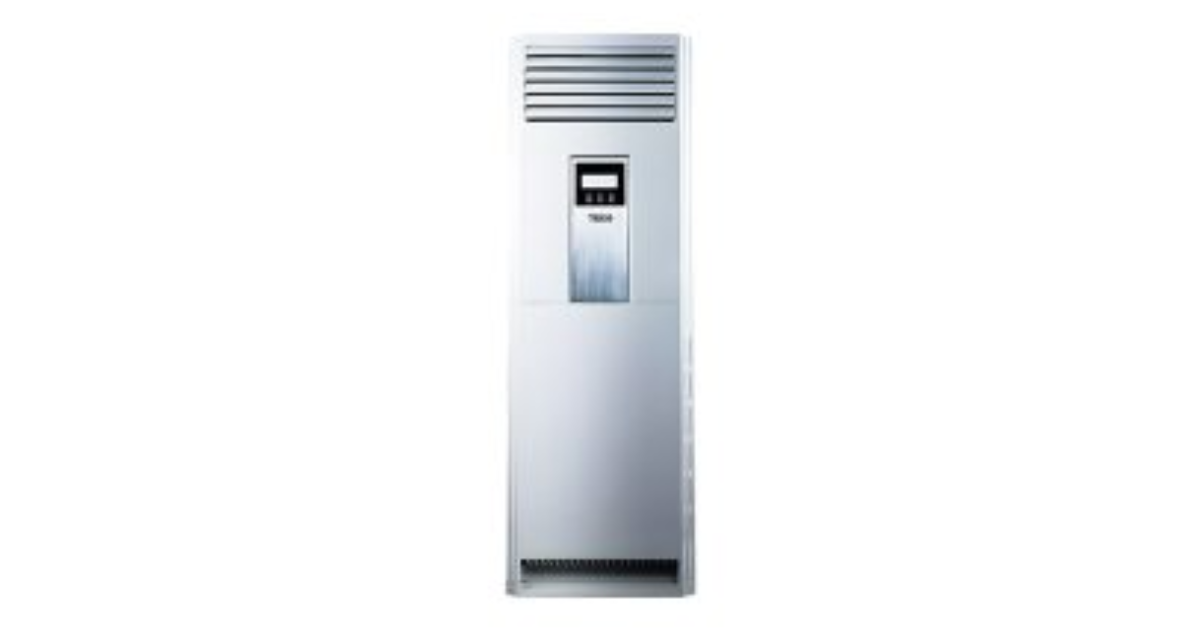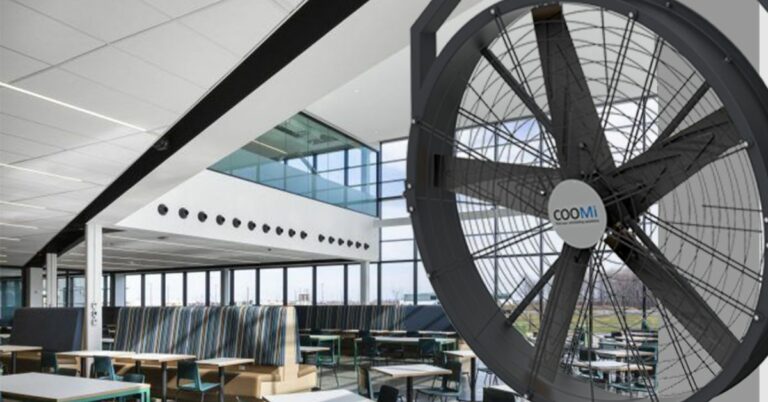The Comprehensive Guide to Marine Air Conditioners: Keeping Your Vessel Cool and Comfortable
Marine Air Conditioners are essential equipment for maintaining comfort aboard boats, yachts, and commercial vessels. Whether you’re navigating tropical waters or simply spending extended periods on the water, a reliable marine air conditioning system can make all the difference in creating a pleasant onboard environment.
In this guide, we’ll dive deep into the world of marine air conditioners: how they work, their types, benefits, installation considerations, and how to choose the right system for your vessel.
What Are Marine Air Conditioners?
Marine air conditioners are specially designed cooling systems built to withstand the harsh marine environment. Unlike traditional residential or commercial AC units, marine air conditioners must endure saltwater corrosion, vibration, humidity, and limited space constraints while providing effective climate control.
These systems cool and dehumidify the air inside cabins and enclosed spaces on boats or ships, ensuring a comfortable atmosphere regardless of outside temperature or humidity.
Why Are Marine Air Conditioners Different from Regular AC Units?
While the basic principles of refrigeration and cooling remain the same, marine air conditioners differ in several critical ways:
-
Corrosion-Resistant Materials: Components are built from stainless steel, marine-grade aluminum, or other corrosion-resistant materials to prevent damage from saltwater exposure.
-
Compact and Efficient Design: Marine units are compact to fit in limited engine room or cabin spaces without compromising cooling capacity.
-
Special Ventilation: Many units incorporate specialized water-cooled or air-cooled condensers designed to operate efficiently at sea.
-
Vibration and Motion Resistance: Systems are engineered to handle constant vibration and movement experienced during marine travel.
Types of Marine Air Conditioners
There are generally two main types of marine air conditioning systems:
1. Water-Cooled Marine Air Conditioners
These systems use seawater as a cooling medium. Seawater circulates through a heat exchanger to remove heat from the refrigerant, making these units highly efficient and effective at cooling, especially in warmer climates. They require a seawater intake and proper filtration to prevent clogging and corrosion.
2. Air-Cooled Marine Air Conditioners
Air-cooled systems rely on air to cool the refrigerant via finned coils and fans. These units do not need seawater but may generate more heat in the engine room or surrounding areas. They are often preferred on smaller boats or where seawater intake is impractical.
Key Components of a Marine Air Conditioning System
-
Compressor: Compresses refrigerant gas, increasing its pressure and temperature.
-
Condenser: Removes heat from the refrigerant. It can be air-cooled or water-cooled.
-
Evaporator: Absorbs heat from the cabin air, cooling and dehumidifying the interior.
-
Expansion Valve: Controls refrigerant flow into the evaporator.
-
Pump: Circulates chilled water or refrigerant as needed.
-
Thermostat/Control Panel: Allows operators to set and monitor the desired temperature.
Benefits of Installing Marine Air Conditioners
Enhanced Comfort and Livability
Proper air conditioning transforms the onboard experience, making life on the water comfortable even during hot, humid days. It reduces humidity, prevents mold and mildew growth, and ensures a pleasant atmosphere for passengers and crew.
Protection for Electronics and Equipment
Maintaining controlled temperatures protects sensitive navigation and communication equipment from overheating and moisture damage.
Improved Crew Performance
For commercial vessels, a comfortable environment enhances crew alertness and productivity, which is critical for safety and efficiency.
Increased Vessel Value
Modern, efficient marine air conditioning systems increase the resale value of recreational boats and yachts by enhancing onboard amenities.
Factors to Consider When Choosing a Marine Air Conditioner
Vessel Size and Layout
The size and insulation of your vessel determine the cooling capacity required. Larger vessels with multiple cabins may need multiple units or a centralized system.
Climate and Usage
Consider the typical operating environment. Boats operating in tropical waters require more robust cooling and humidity control than those in cooler climates.
Power Availability
Marine air conditioners run on AC power, typically 110V or 220V, depending on your boat’s electrical system. Ensure your power source can support the system without overloading.
Installation Space
Evaluate where the unit will be installed. Space limitations and ease of maintenance access are important.
Cooling Method
Decide between water-cooled or air-cooled units based on your vessel’s seawater system and ventilation.
Noise Levels
Some units operate more quietly than others. For passenger comfort, especially on pleasure boats and yachts, noise considerations are important.
Installation and Maintenance Tips for Marine Air Conditioners
Proper installation is critical to ensure optimal performance and longevity:
-
Professional Installation Recommended: Certified marine HVAC technicians should install the system to handle electrical connections, seawater intakes, and refrigerant lines properly.
-
Regular Filter Cleaning: Filters should be cleaned or replaced regularly to maintain airflow and efficiency.
-
Check and Clean Seawater Intake: Prevent blockage and corrosion by inspecting seawater intake strainers frequently.
-
Monitor Refrigerant Levels: Periodic checks can detect leaks early and maintain cooling capacity.
-
Inspect Electrical Connections: Corrosion-resistant wiring and secure connections prevent electrical faults.
-
Seasonal Shutdown Procedures: For vessels used seasonally, proper winterization helps prevent damage from freezing or corrosion.
Common Marine Air Conditioner Brands
Some leading brands known for reliable marine AC systems include:
-
Dometic
-
Cruisair
-
Webasto
-
Marine Air
-
Electrolux (for specific marine models)
These manufacturers offer a variety of options to suit different vessel sizes and budgets.
Frequently Asked Questions (FAQ) About Marine Air Conditioners
1. How much power does a marine air conditioner consume?
Power consumption depends on the unit’s size and cooling capacity, typically ranging from 1,000 to 5,000 watts. It’s important to match the system to your vessel’s power capabilities.
2. Can marine air conditioners run while the boat is moving?
Yes, marine AC units are designed to operate while underway or docked, as long as there is adequate power supply and seawater intake (for water-cooled systems).
3. How often should I service my marine air conditioner?
A thorough service at least once a year is recommended, with routine cleaning of filters and seawater strainers performed more frequently during heavy use.
4. Are marine air conditioners waterproof?
While marine AC units are built to withstand moisture and marine environments, they are not fully waterproof. They should be installed in protected spaces such as engine rooms or equipment lockers.
5. Can I install a marine air conditioner myself?
Due to the complexity of marine HVAC systems and safety concerns with electrical and refrigerant handling, professional installation is strongly advised.
6. What is the difference between water-cooled and air-cooled marine air conditioners?
Water-cooled units use seawater to cool the system, making them more efficient but requiring seawater plumbing. Air-cooled units use air to dissipate heat and are simpler to install but may generate more heat onboard.
Conclusion
Marine air conditioners are indispensable for anyone spending time on the water. They enhance comfort, protect equipment, and improve vessel value. Choosing the right system involves understanding your vessel’s size, power capabilities, and typical operating conditions.
By investing in high-quality marine air conditioning from trusted manufacturers and ensuring proper installation and maintenance, you can enjoy a cool and comfortable environment wherever your maritime adventures take you.
Read More
- https://businessmagazine.com.in/can-you-use-a-50hz-fridge-on-60hz-power-everything-you-need-to-know/







